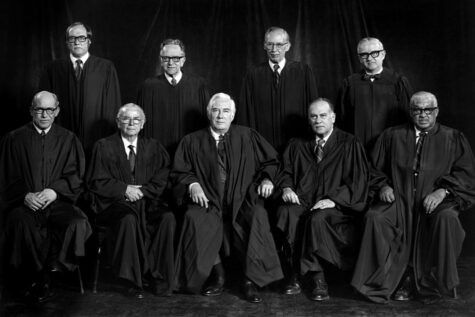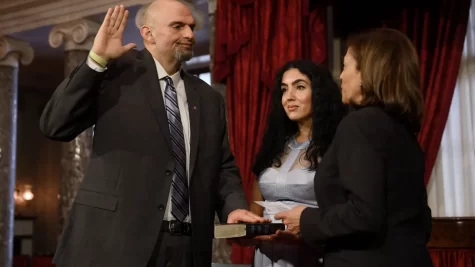Editorial: The Death Penalty Should Be Banned Nationally
May 18, 2023
The death penalty is cruel and should be banned in all states across the country.
Twenty-seven states still use the death penalty to this day, said Harvard University. The death penalty violates the constitutional ban against cruel and unusual punishment. Capital punishment has racial bias, relies on inadequate counsel, and does not take innocence and error into consideration.
Racial Bias
People of color are more likely to be sentenced to the death penalty, especially if the victim is white, said the American Civil Liberties Union. Capital punishment is closely connected to racial terror lynching.
Despite only 13% of the population being Black, 41% of people on death row are African American, said the Equal Justice Initiative. The death penalty is used as a legal replacement for lynching against people of color. As executions became more common in the 20th century, lynchings declined.
Additionally, people of color are frequently excluded from jury duty because of their race. Therefore, when Black people are facing trial, they are more likely to be discriminated against and sentenced to death.
The death penalty has continued to show that white lives are valued more than Black lives.
Inadequate Counsel
The majority of victims of the death penalty could not afford to hire an effective lawyer. The quality of a defendant’s legal time is a primary factor in whether a defendant is sentenced to death.
Since few defendants can afford to hire an attorney, they are appointed overworked and inexperienced lawyers. Inadequate defense lawyers contribute to wrongful convictions placing potentially innocent defendants on death row, said the Equal Justice Initiative.
Capital punishment does not follow a fair trial route, and people of the lower class are at a disadvantage.
Innocence and Error
The death penalty ignores room for mistakes in a trial. An innocent person sentenced to death may likely not be exonerated until after death. Once executed, that error cannot be made right. The death penalty is too permanent.
Since 1973, 191 people have been exonerated and released from death row, said the Equal Justice Initiative. False accusations, confessions, and forensic evidence are some of the many factors that lead to a wrongful conviction.
Sentencing individuals to death could mean possibly executing an innocent person.
Fighting for Justice
The death penalty needs to be banned. Donate to the Equal Justice Initiative to fight for change in the nation’s legal system. The Equal Justice Initiative works to end the death penalty, prevent wrongful convictions and excessive punishment, improve prison conditions, and keep children out of adult prison.




